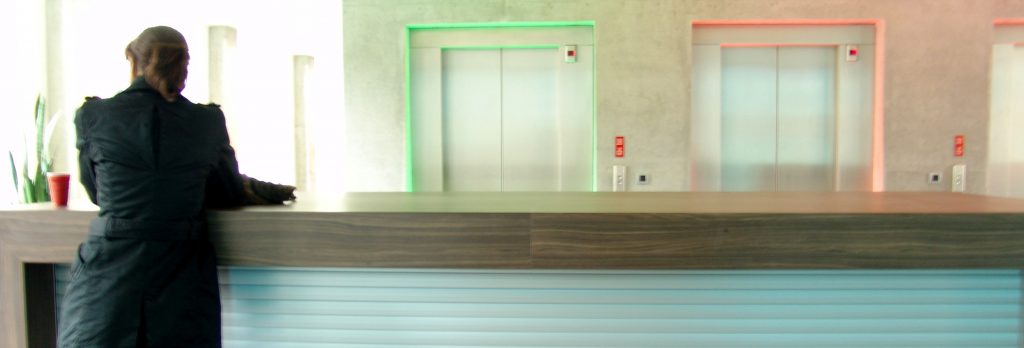 School bullying is a commonly discussed problem in our generation. Parents are often faced with dilemmas on how to protect their children and instruct them in dealing with bullies at school. In earlier eras perhaps this was considered a problem for the individual family to bear alone. In a recent case out of Plain Dealing, Louisiana however, the Louisiana Second Circuit Court of Appeal affirmed that school teachers and the school board can now be held liable for such bullying and its effects.
School bullying is a commonly discussed problem in our generation. Parents are often faced with dilemmas on how to protect their children and instruct them in dealing with bullies at school. In earlier eras perhaps this was considered a problem for the individual family to bear alone. In a recent case out of Plain Dealing, Louisiana however, the Louisiana Second Circuit Court of Appeal affirmed that school teachers and the school board can now be held liable for such bullying and its effects.
On December 10, 2012, a fourth-grade boy, J.B., at Carrier Martin Elementary School in Plain Dealing, Louisiana broke his arm during playground recess when three boys knocked him to the ground to keep him from tattling. J.B.’s parents filed a lawsuit on behalf of their son against the Bossier Parish School Board (“Board”), and teacher Tricia Huckaby seeking damages. After a trial before the Judicial District Court for the Parish of Bossier, Louisiana, the jury found in favor of the parents and awarded $125,000 in general damages, $12,674.14 in special damages, and $25,000 to the mother for the loss of consortium for a grand total of $166,784.63 with legal interest. The Board appealed the finding of liability and argued that the award was excessive.
A school board, through its agents and teachers, owes a duty of reasonable supervision over students pursuant to La. C.C. art. 2320. For liability to be imposed on a school board for inadequate supervision of students, there must be (1) proof of negligence and (2) proof of a causal connection between the negligent supervision and the resulting damage to a student. See Creekbaum v. Livingston Parish School Board, 80 So. 3d 771 (La. Ct. App. 2011). The standard of care required by the school supervisors over the students is only what would be expected of a reasonably prudent person in same or similar circumstances. The risk of injury had to be both foreseeable and preventable if a requisite degree of supervision had been exercised. In awarding damages, a jury is empowered with great discretion and the award will only rarely be disturbed on appeal if an abuse of discretion is found.
 Louisiana Personal Injury Lawyer Blog
Louisiana Personal Injury Lawyer Blog


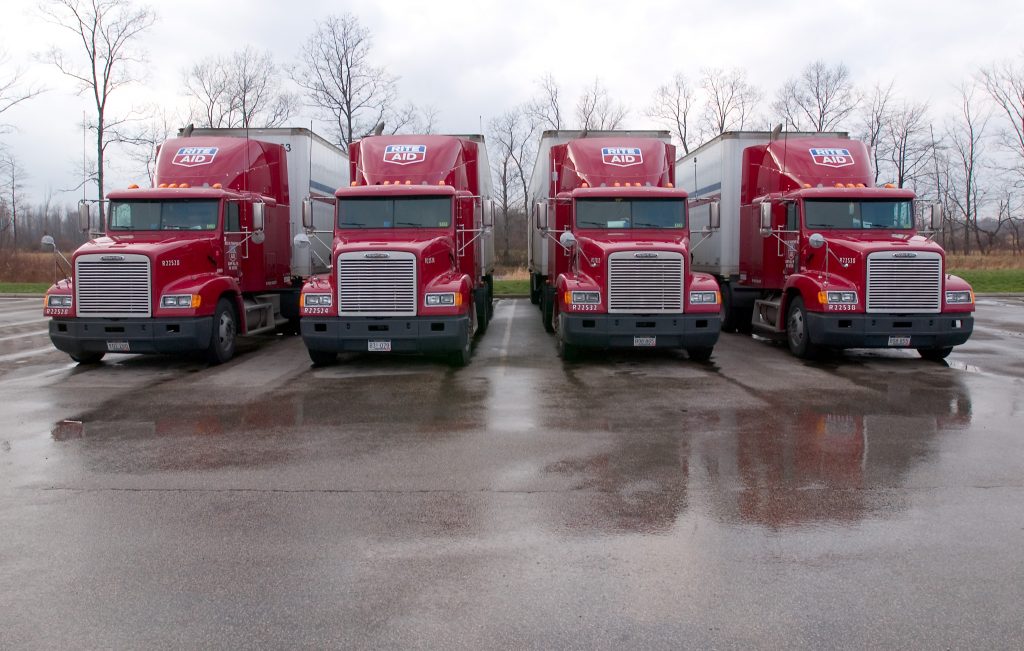 During litigation, a party may attempt to claim some form of privilege as an avenue not to produce certain evidence. There are various types of privileges that may be asserted. One that is familiar to many is attorney-client privilege. One that is not as familiar is work-product privilege. Work-product privilege is claimed in civil cases and is used to keep materials that are created in anticipation of litigation from being discovered by opposing counsel. However, to assert work-product privilege the party claiming it must be an adverse party in the lawsuit. A non-party is not entitled to work-product privilege, as Louisiana State recently learned when the Louisiana Second Circuit Court of Appeal affirmed that work-product privilege can only be claimed by an adverse party.
During litigation, a party may attempt to claim some form of privilege as an avenue not to produce certain evidence. There are various types of privileges that may be asserted. One that is familiar to many is attorney-client privilege. One that is not as familiar is work-product privilege. Work-product privilege is claimed in civil cases and is used to keep materials that are created in anticipation of litigation from being discovered by opposing counsel. However, to assert work-product privilege the party claiming it must be an adverse party in the lawsuit. A non-party is not entitled to work-product privilege, as Louisiana State recently learned when the Louisiana Second Circuit Court of Appeal affirmed that work-product privilege can only be claimed by an adverse party.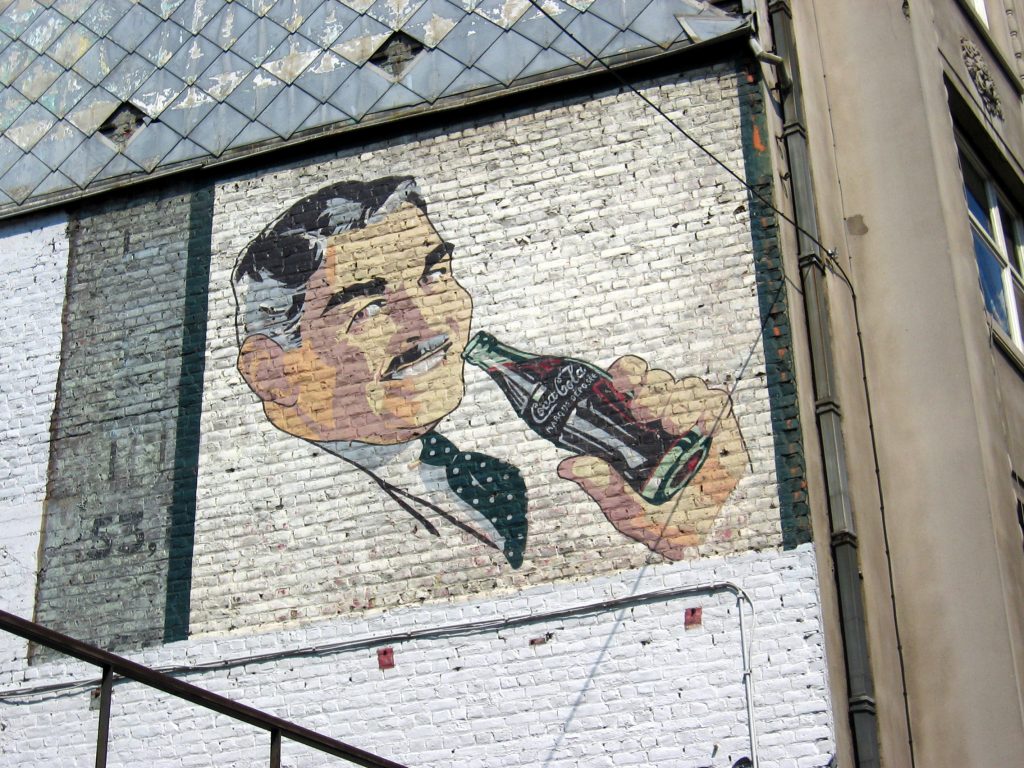 When are you on the job? While seemingly a simple question, many personal injury cases revolve around the issue of whether an individual was acting within the scope of his or her employment. The ramifications of the answer to this question determine whether a business is on the hook for its employee’s negligence. Recently, a Louisiana Court of Appeal (“the Court”) addressed this question when determining whether a Coca-Cola Bottling Company United, Inc. (“Coca-Cola”) employee was working for the company at the time of an accident.
When are you on the job? While seemingly a simple question, many personal injury cases revolve around the issue of whether an individual was acting within the scope of his or her employment. The ramifications of the answer to this question determine whether a business is on the hook for its employee’s negligence. Recently, a Louisiana Court of Appeal (“the Court”) addressed this question when determining whether a Coca-Cola Bottling Company United, Inc. (“Coca-Cola”) employee was working for the company at the time of an accident.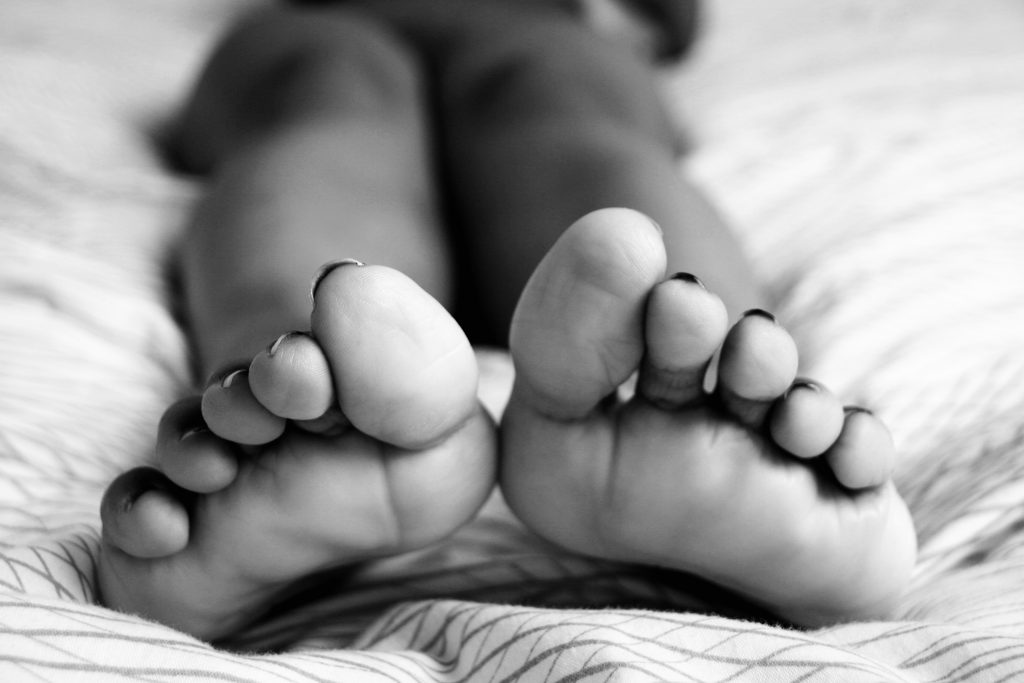 As if having car troubles was not bad enough, imagine also losing your toe in the process. Well, that exact scenario happened to Valerie Babin. After her vehicle broke down in Gonzales, Louisiana, Ms. Babin called American Towing Enterprises to tow her vehicle. An American Towing Enterprises’s employee, Floyd Russo, arrived to help Ms. Babin. At this point, Ms. Babin’s day went from bad to worse. As Mr. Russo partially loaded the vehicle onto the truck’s flatbed, Ms. Babin went to turn off her vehicle’s emergency flashers. At the same time, Mr. Russo lowered the truck bed, which landed on Ms. Babin’s foot, crushing her big toe. Despite attempts to save her big toe, Ms. Babin eventually required surgery to remove it.
As if having car troubles was not bad enough, imagine also losing your toe in the process. Well, that exact scenario happened to Valerie Babin. After her vehicle broke down in Gonzales, Louisiana, Ms. Babin called American Towing Enterprises to tow her vehicle. An American Towing Enterprises’s employee, Floyd Russo, arrived to help Ms. Babin. At this point, Ms. Babin’s day went from bad to worse. As Mr. Russo partially loaded the vehicle onto the truck’s flatbed, Ms. Babin went to turn off her vehicle’s emergency flashers. At the same time, Mr. Russo lowered the truck bed, which landed on Ms. Babin’s foot, crushing her big toe. Despite attempts to save her big toe, Ms. Babin eventually required surgery to remove it. No legal case is without controversy, but some of the most controversial types of cases involve a slip and fall injury. For some, it is hard to believe that a “little fall” could actually cause substantial injury. Often times, those who bring a slip and fall action are seen as milking the situation to try to get money from a business. However, when a person is injured he or she must prove that the injury was the result of someone’s alleged negligence. This proof requires that the injured individual show that the facts surrounding the incident support his or her claim. When coupled with a stringent legal standard, a dispute of what occurred at the time of the injury complicates the matter. The following slip and fall lawsuit filed against the Albertsons in Shreveport, Louisiana, shows the difficulty in bringing such claims to trial.
No legal case is without controversy, but some of the most controversial types of cases involve a slip and fall injury. For some, it is hard to believe that a “little fall” could actually cause substantial injury. Often times, those who bring a slip and fall action are seen as milking the situation to try to get money from a business. However, when a person is injured he or she must prove that the injury was the result of someone’s alleged negligence. This proof requires that the injured individual show that the facts surrounding the incident support his or her claim. When coupled with a stringent legal standard, a dispute of what occurred at the time of the injury complicates the matter. The following slip and fall lawsuit filed against the Albertsons in Shreveport, Louisiana, shows the difficulty in bringing such claims to trial.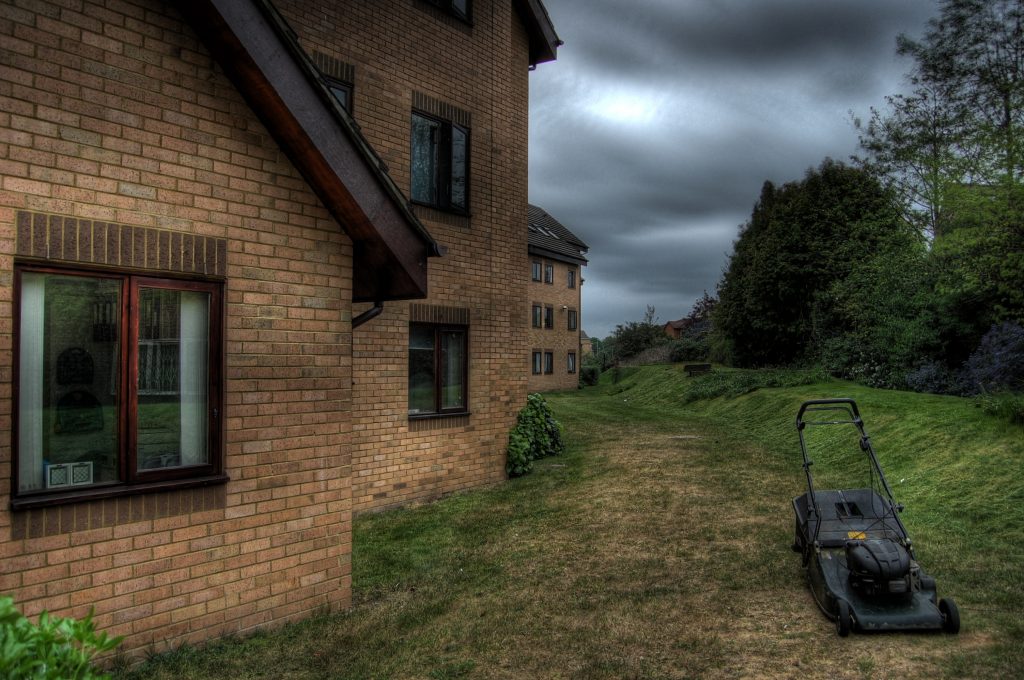 When a case goes to trial, there are many nuances that a lawyer might have to address, including a motion for a continuance or a dismissal. A continuance is the postponement of a hearing, trial or other scheduled court proceeding at the request of either party or by the judge. A dismissal occurs when the court ends a legal action before completing the trial process. This case out of the Parish of East Baton Rouge demonstrates Louisiana’s requirements for a continuance or a dismissal in the district courts.
When a case goes to trial, there are many nuances that a lawyer might have to address, including a motion for a continuance or a dismissal. A continuance is the postponement of a hearing, trial or other scheduled court proceeding at the request of either party or by the judge. A dismissal occurs when the court ends a legal action before completing the trial process. This case out of the Parish of East Baton Rouge demonstrates Louisiana’s requirements for a continuance or a dismissal in the district courts.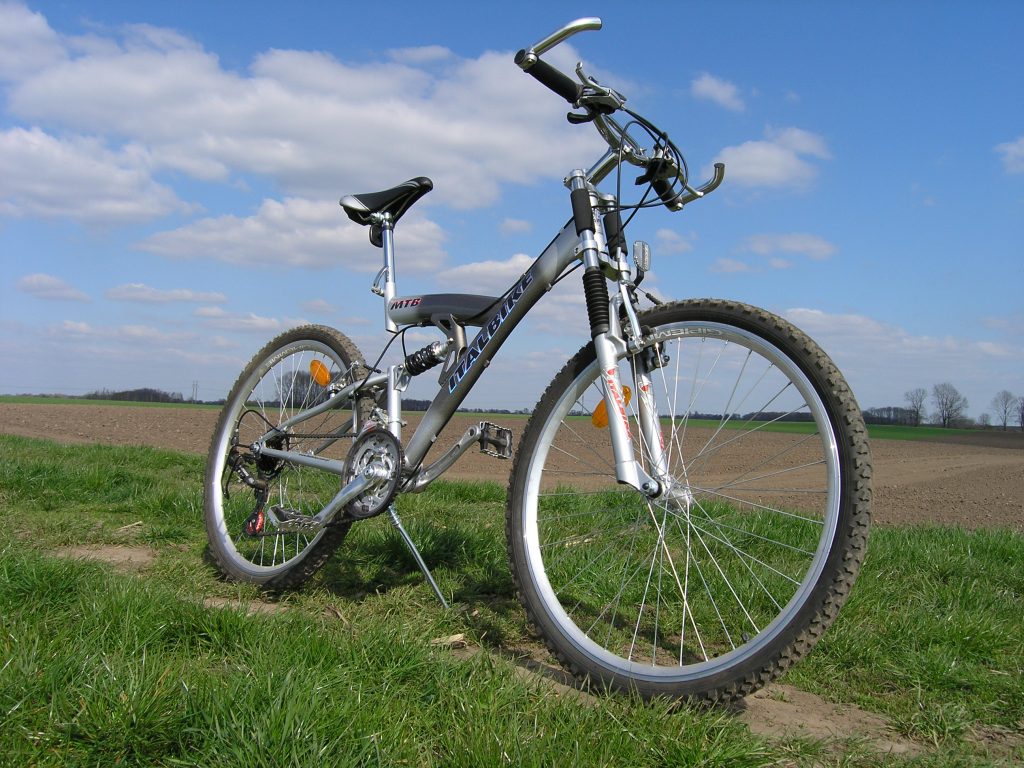 The majority of cases, civil and criminal alike, never make it to trial. The parties may settle the case out of court or the claims may simply be dropped by the plaintiff. A third reason why a case may not make it to the jury is if a judge grants a party’s motion for summary judgment; a fate that almost befell Orleans Parish citizen John Ludlow’s negligence
The majority of cases, civil and criminal alike, never make it to trial. The parties may settle the case out of court or the claims may simply be dropped by the plaintiff. A third reason why a case may not make it to the jury is if a judge grants a party’s motion for summary judgment; a fate that almost befell Orleans Parish citizen John Ludlow’s negligence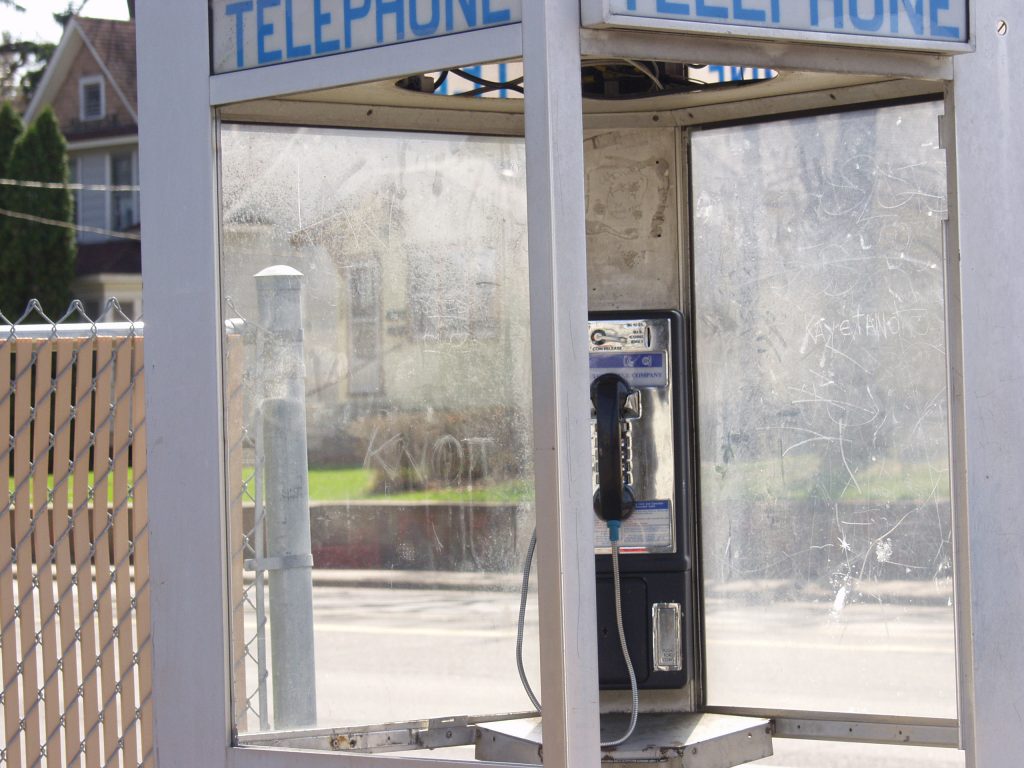 Everyone has been in the awkward situation where, as soon as they leave the doctor’s office, a myriad of questions that they forgot to ask are suddenly recalled, leaving you with no choice but to call your physician and try to get some answers. Unfortunately, these calls are not always answered. Recently the Louisiana Fourth Circuit Court of Appeal found that if complications arise out of failing to answer or return the call, your doctor may actually be breaching the standard of care.
Everyone has been in the awkward situation where, as soon as they leave the doctor’s office, a myriad of questions that they forgot to ask are suddenly recalled, leaving you with no choice but to call your physician and try to get some answers. Unfortunately, these calls are not always answered. Recently the Louisiana Fourth Circuit Court of Appeal found that if complications arise out of failing to answer or return the call, your doctor may actually be breaching the standard of care.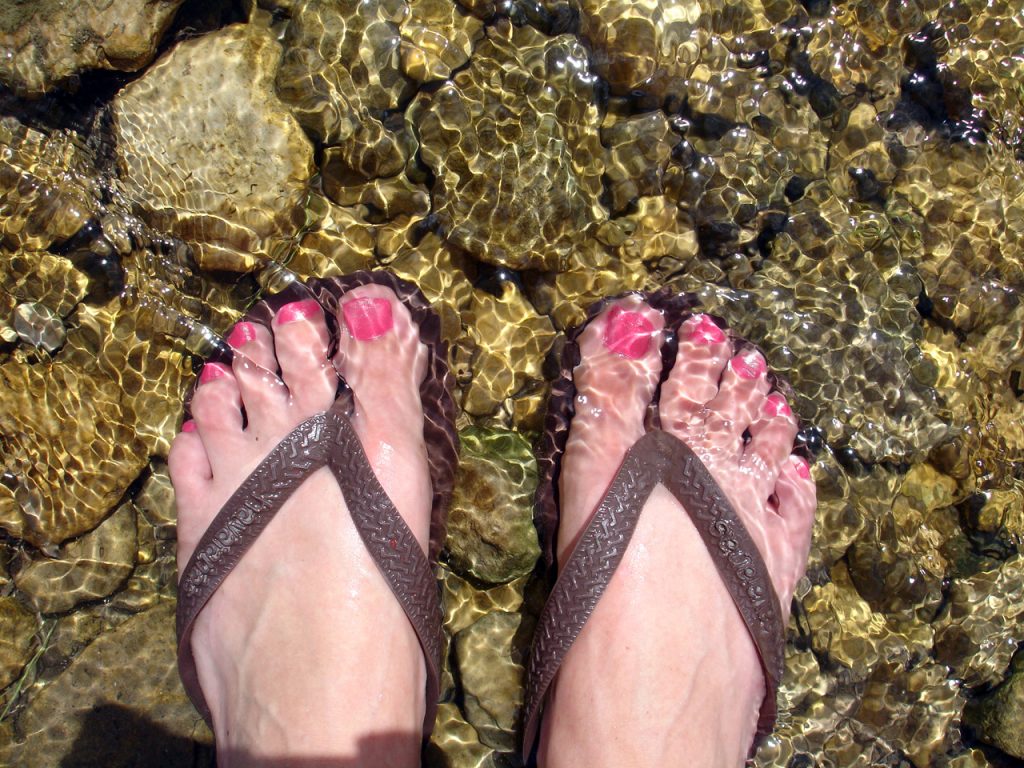 Evidence in a trial can take almost any shape or form. For murder trials, people think of weapons. For fraud cases, perhaps incriminating documents comes to mind. For a personal injury case, the options are almost limitless yet likely “flip flop” is not the first image that pops up; especially in a maritime case. Yet in this case, Garrard Myers makes quite the fuss over the state of his sandals.
Evidence in a trial can take almost any shape or form. For murder trials, people think of weapons. For fraud cases, perhaps incriminating documents comes to mind. For a personal injury case, the options are almost limitless yet likely “flip flop” is not the first image that pops up; especially in a maritime case. Yet in this case, Garrard Myers makes quite the fuss over the state of his sandals. It is often the case that although technically legal, certain lawsuits will not be popular amongst the general public because the court’s reasons for its decision just will not make sense at an emotional level. Despite this fact, people should take notice of the fact that courts rule based on what the law deems to be just and fair. This sort of a fact may only be small comfort to the Toups, who lost their son and want the party or parties responsible to be held accountable for the loss they suffered.
It is often the case that although technically legal, certain lawsuits will not be popular amongst the general public because the court’s reasons for its decision just will not make sense at an emotional level. Despite this fact, people should take notice of the fact that courts rule based on what the law deems to be just and fair. This sort of a fact may only be small comfort to the Toups, who lost their son and want the party or parties responsible to be held accountable for the loss they suffered.